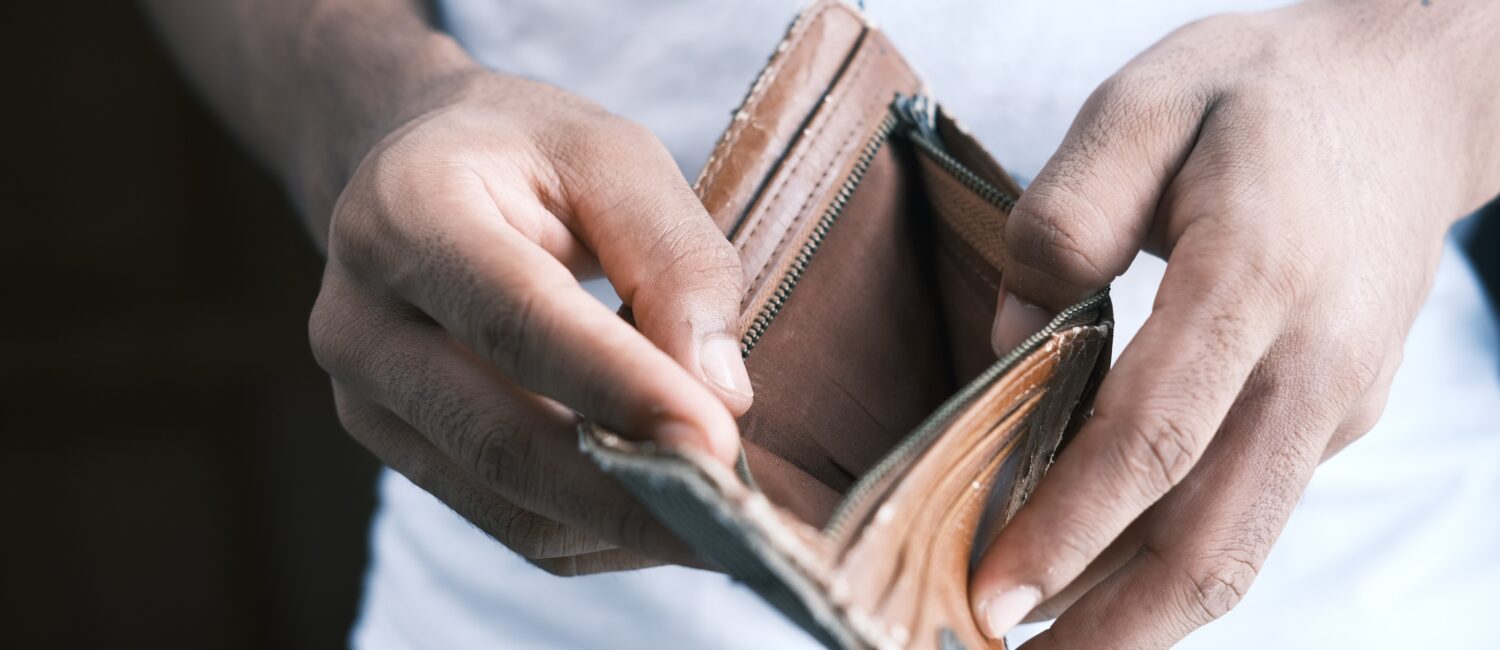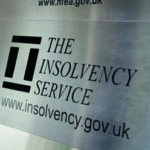What happens if my company can’t repay a Bounce Back Loan?
The Bounce Back Loan Scheme (BBLS) was introduced to help businesses cope with the impact of the coronavirus pandemic. The scheme offered loans up to £50,000, and with no personal guarantee required from directors. In addition, no repayment was required during the first 12 months which made the scheme extremely popular.
According to the latest statistics at least 1,560,309 facilities were approved, with a value of £47.36BN. This includes BBLS loans which have been ‘topped-up’ by borrowers who originally took out less than the maximum on first application.
So what happens if your company cannot afford its Bounce Back Loan repayments?
The Pay As You Grow (PAYG) BBL Scheme
PAYG was announced back in February 2021 and allows businesses to apply for adjustments to their BBL repayments in three ways:
- An extension of the loan term from 6 years to 10 years, retaining the fixed rate of 2.5%
- A single repayment break of up to six months
- Repaying interest only on the loan for up to 6 months, up to 3 times during the term
If you have explored these options, and still believe that your company will be unable to repay its BBL, then you may need to consider whether your company is insolvent.
Closing down a company with a Bounce Back Loan
Where a company has no viable future, either because of the devastating impact of Covid-19 or other challenges, it should be closed in a fair, and orderly manner. The options for closing an insolvent business are the same whether or not the company has an outstanding BBL, and it is still possible to place your business into voluntary liquidation.
Voluntary liquidation is a formal insolvency procedure formally known as Creditors Voluntary Liquidation (CVL). As part of the CVL process, all assets belonging to the company will be identified and sold for the benefit of the liquidation. Once this has been done, any surplus funds (after costs) will be paid to company creditors on a pro-rata basis.
Any liabilities which remain unpaid cannot be pursued, unless a personal guarantee has been provided. Loans under the BBLS did not require a personal guarantee which means that you will not be liable for the loan if the company cannot repay it, providing no abuse of the BBLS is identified.
What is misuse of a Bounce Back Loan?
Bounce Back Loans were intended to support businesses, and it was a condition that the funds must be used to provide an economic benefit for the business. The funds could not be used to fund personal purchases, or to pay personal debts. In addition, the funds could not be used to pay dividends, loans to directors or increased salaries.
If you are worried that you may have misused your Bounce Back Loan, you should seek expert help and advice as a matter of urgency. The Government has recently introduced a new bill which, when it becomes law, will provide The Insolvency Service with greater powers of investigation. Therefore, it will be far easier and less stressful overall to deal with any issues that may arise on a voluntary basis.
A licensed insolvency practitioner can assess the situation and provide you with advice on the options available to you and your company.
Will I be personally liable for the Bounce Back Loan?
The BBLS was Government backed, and provided scheme lenders with a 100% guarantee. If the company cannot repay the loan, the Government has undertaken to ensure the lender receives payment for the full balance.
As such, company directors were not required to provide a personal guarantee. Unless there has been abuse of the BBLS (either by fraudulent application or misuse of the funds), you will not be personally responsible for repaying the amount owed.
Keywood Group is a Licenced Insolvency Practice and our team has extensive experience in advising business on their options, and dealing with company closure. Our friendly team will work with you to assess the options available and provide transparent advice about the implications of each option.
If you want further information, please contact us for a no obligation chat.











